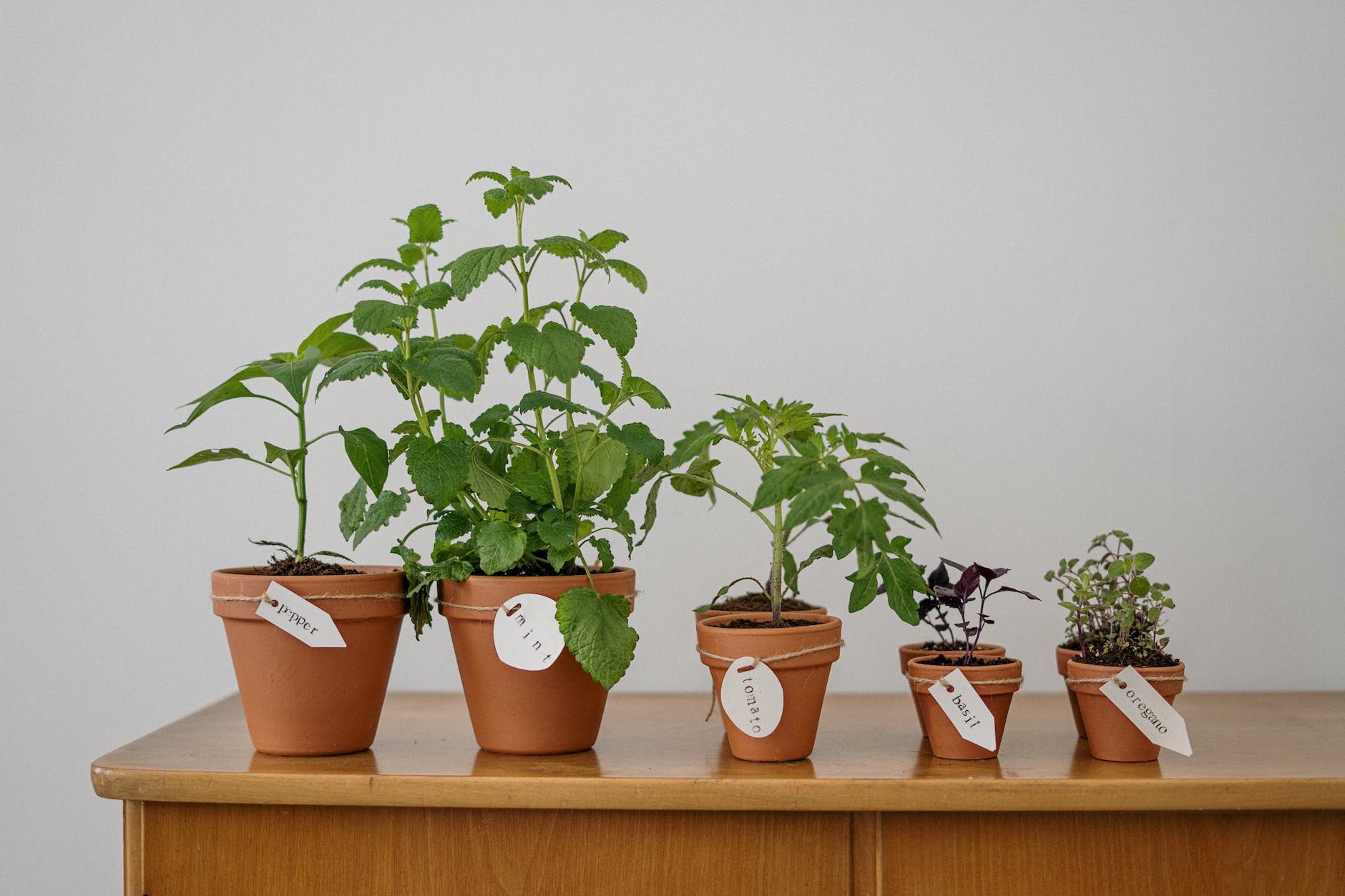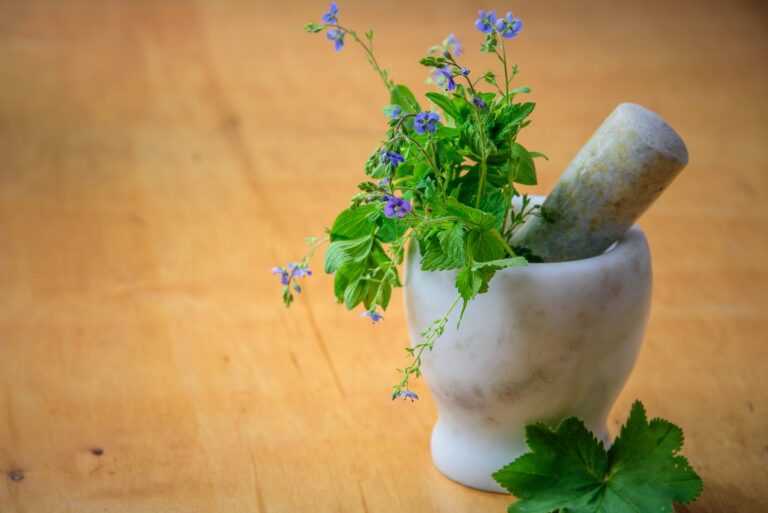In an era where modern medicine predominates healthcare discussions, the timeless wisdom of traditional medicine remains a vital component of cultural wellness practices worldwide. This blog explores the healing power of traditional medicine, delving into how these ancient practices contribute to physical, mental, and spiritual well-being across various cultures.
Traditional medicine refers to the knowledge, skills, and practices based on the theories, beliefs, and experiences indigenous to different cultures, used in the maintenance of health, as well as in the prevention, diagnosis, improvement, or treatment of physical and mental illnesses. These practices have been passed down through generations, often orally, and are deeply embedded in the cultural fabric of communities.
One of the core principles of traditional medicine is its holistic approach to healing. Unlike the Western medical model, which often focuses on treating specific symptoms or diseases, traditional medicine looks at the individual’s overall well-being, including physical, mental, spiritual, and environmental factors. This holistic approach is grounded in the belief that health is a state of balance between these elements, and disease is a manifestation of imbalance.
Traditional medicine encompasses a wide range of practices and techniques, including herbal medicine, acupuncture, yoga, meditation, massage, and spiritual healing. These practices are not only used for treating illnesses but also for preventing disease and improving quality of life. For instance, herbal medicine uses plant-based remedies to treat various conditions, while acupuncture involves the insertion of fine needles into specific points on the body to alleviate pain and treat various health conditions.

The cultural significance of traditional medicine cannot be overstated. These practices are a testament to the ingenuity and resilience of indigenous cultures, offering insights into their understanding of the natural world and the human body. Traditional medicine also provides a sense of identity and continuity for these communities, linking the past with the present and future.
The integration of traditional and modern medicine presents a promising avenue for enhancing healthcare outcomes. The World Health Organization (WHO) recognizes the importance of traditional medicine and advocates for its integration into national health systems. This integration can provide a more comprehensive approach to healthcare, drawing on the strengths of both systems to offer effective, culturally sensitive, and accessible healthcare solutions.
Despite its numerous benefits, traditional medicine faces challenges, including issues of standardization, quality control, and scientific validation. However, these challenges also present opportunities for research, innovation, and collaboration. By embracing the diversity of healing practices and incorporating traditional knowledge into healthcare, we can foster a more inclusive, sustainable, and holistic approach to health and well-being.
The healing power of traditional medicine lies in its ability to offer holistic, culturally relevant, and time-tested approaches to wellness. As we continue to explore and integrate these ancient practices into our healthcare systems, we open doors to more compassionate, personalized, and effective ways of healing. Traditional medicine, with its rich tapestry of practices and deep cultural roots, reminds us that health is a multifaceted state of being, interconnected with the natural world and our communities. By honoring and revitalizing these traditional wisdoms, we nurture not only individual well-being but also the health of our societies and the planet.


